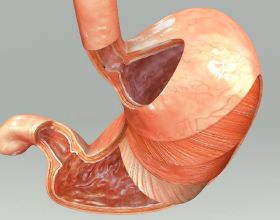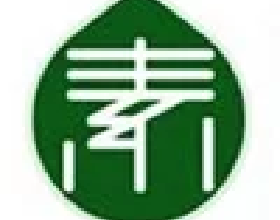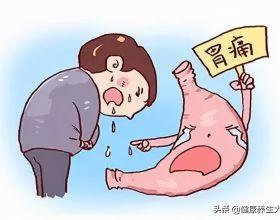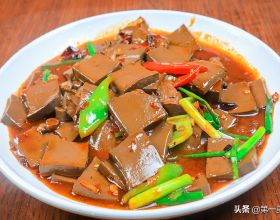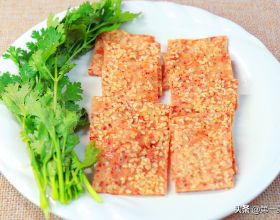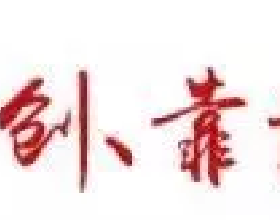鳥苷可保護中樞神經系統免受炎症與氧化侵害
【文獻解讀】
鳥苷是一種基於鳥嘌呤的嘌呤,是一種從星形膠質細胞中釋放的細胞外訊號分子,已在多種體內和體外損傷模型中顯示可促進中樞神經系統防禦。2015年12月,里約熱內盧聯邦大學最近證明,鳥苷透過將血紅素加氧酶-1(HO-1)訊號通路與對疊氮化物誘導的氧化應激的保護聯絡起來,在C6星形膠質細胞系中表現出膠質保護作用。
星形膠質細胞過度啟用易引發腦部炎症,這種情況與許多神經系統疾病的發展密切相關。本研究用脂多糖處理星形膠質細胞會導致促炎細胞因子水平增加、NFκB 啟用、線粒體功能障礙、氧/氮物種水平增加以及抗氧化防禦水平降低。鳥苷能夠防止這些影響,透過啟用HO-1通路保護海馬星形膠質細胞免受LPS誘導的細胞毒性。此外,鳥苷的抗炎作用不依賴於腺苷能系統。
注:鳥苷對氧化應激引數的影響。
本研究首次證明鳥苷可以抑制海馬星形膠質細胞原代培養物中脂多糖誘導的炎症反應。鳥苷的保護機制包括減少促炎介質和氧化介質以及增加谷胱甘肽含量和防禦線粒體功能障礙。其所有作用均由HO-1通路介導,共同可能有助於維持腦內穩態。鳥苷對神經炎症相關疾病具有一定的潛在作用。
【文獻節選】
Guanosine, a guanine-based purine, is an extracellular signaling molecule that is released from astrocytes and has been shown to promote central nervous system defenses in several in vivo and in vitro injury models. Our group recently demonstrated that guanosine exhibits glioprotective effects in the C6 astroglial cell line by associating the heme oxygenase-1 (HO-1) signaling pathway with protection against azide-induced oxidative stress. Astrocyte overactivation contributes to the triggering of brain inflammation, a condition that is closely related to the development of many neurological disorders. These cells sense and amplify inflammatory signals from microglia and/or initiate the release of inflammatory mediators that are strictly related to transcriptional factors, such as nuclear factor kappa B (NFκB), that are modulated by HO-1.


